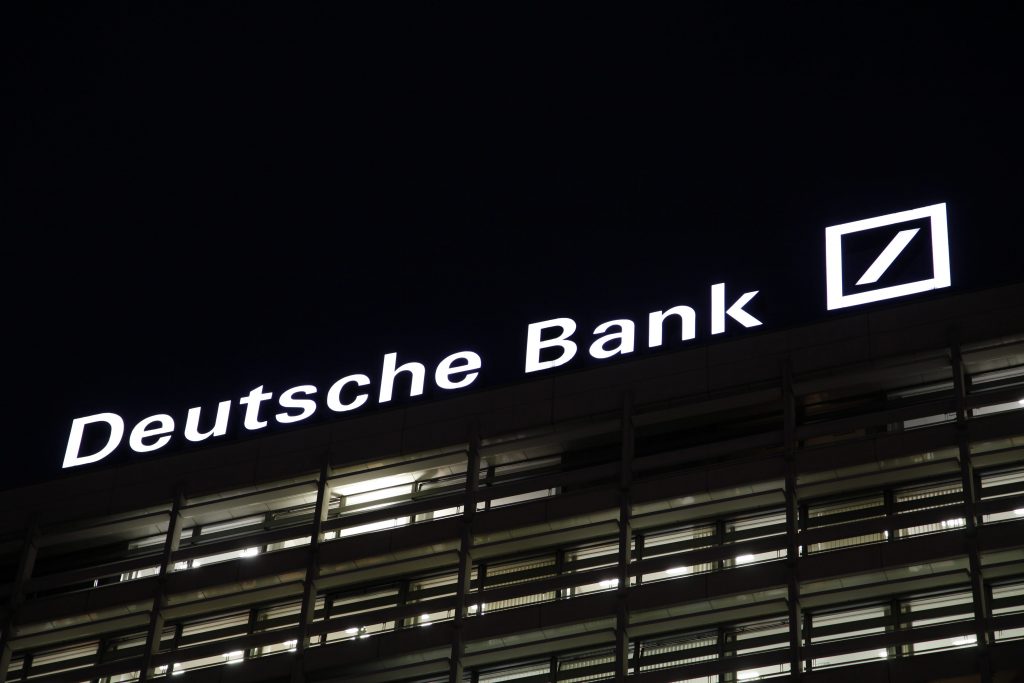- US shareholders can now sue Deutsche Bank over alleged compliance failures, a judge ruled Monday.
- Investors allege the bank ignored "obvious red flags" while vetting ultra-wealthy clients.
- The firm's links to Russian oligarchs and Jeffrey Epstein hurt its share price, the complaint alleges.
Deutsche Bank shareholders in the US can now sue the firm over alleged compliance failures related to high-risk clients such as Russian oligarchs and Jeffrey Epstein, a New York judge ruled Monday, as first reported by Reuters.
The investors allege that Deutsche Bank ignored "obvious red flags" when vetting ultra-rich individuals for its wealth management business. After these client relationships became public, it damaged the bank's reputation and share price, the group claims.
The class-action lawsuit covers shareholders who invested in Deutsche Bank securities between March 14, 2017 and May 12, 2020. A spokesperson for Deutsche Bank declined to comment.
By law, all US financial institutions are required to have anti-money laundering (AML) and "know your customer" (KYC) policies as a safeguard against illegal business activities. The complaint alleges that Deutsche Bank misled investors about the effectiveness of its protocols while compliance decisions were "systematically undermined" by executives.
Deutsche Bank's clients also included "founders of terrorist organizations, people associated with Mexican drug cartels, and people suspected of financing terrorist organizations," investors allege.
In 2020, New York state regulators fined Deutsche Bank $150 million over what it called "significant compliance failures" in regard to the financial activity of convicted sex offender Jeffrey Epstein, as CNBC reported.
The complaint cites eleven confidential witnesses who worked in Deutsche Bank's compliance group and claim the firm's anti-money laundering and "know your customer" policies did not work as they were outwardly advertised to investors.
